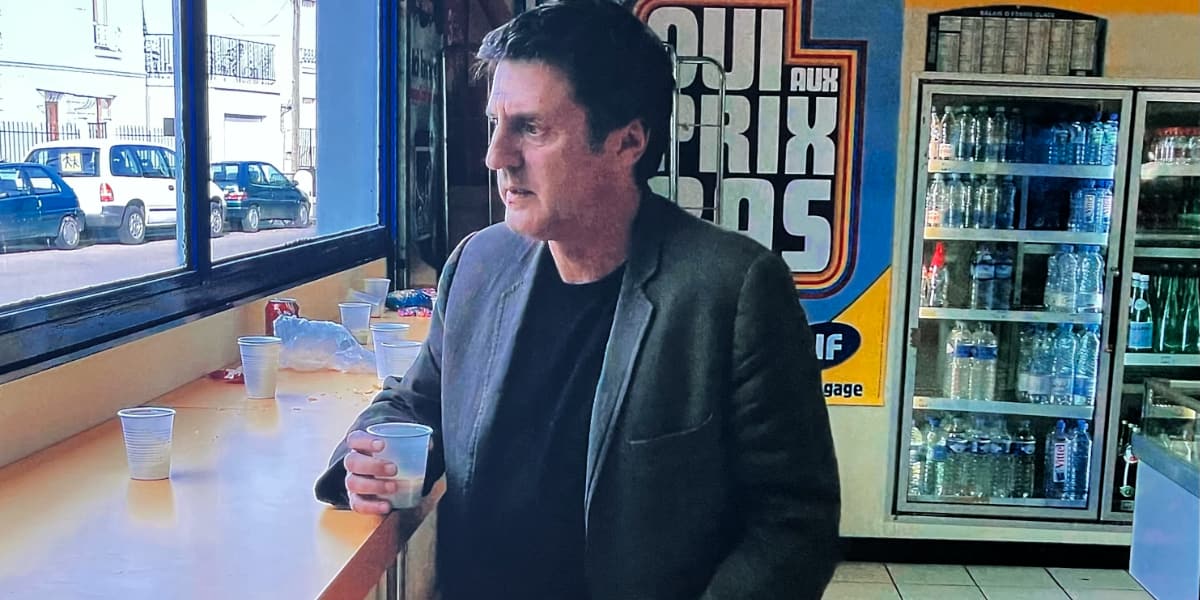
August 17 2025, 09:53
Caché
Director: Michael Haneke
Release year: 2005
Another French classic from the early noughties that I’m only now getting around to. Georges and Anne, and their son, Pierrot, are living a comfortable middle class life in Paris when a VHS tape is left on their doorstep. The tape shows the outside of their house, with the family coming and going oblivious to the hidden camera. In the coming days, they receive more tapes, wrapped in violent child-like drawings, and Pierrot is sent one of the drawings in school. Increasingly freaked out, Georges suspects someone from his past, and tries to clear things up once and for all.
Haneke puts the bullish Georges in spaces where anyone else might feel threatened, and between the foreshadowing of the tapes’ content, Georges following the trail of clues, and the camera lingering over his shoulder and on possible antagonist faces, the suspense is palpable. The heart of the film emerges in Majid, who we learn was sent away to an orphanage when Majid’s Algerian parents, who worked on Georges’s parents’ estate, were killed in a 1961 massacre by the French National Police. Georges is convinced Majid wants revenge. Majid denies it, and we believe him, but unable to think of who else would send the tapes, Georges doubles down, eventually getting Majid and his son arrested.
Georges’s personal shame at his actions as a six-year-old is repressed so thoroughly that he cannot acknowledge the injustice he inflicted on Majid, and instead it makes him lash out and make things much worse. Haneke shows news footage in the background of many shots, and he seems to be saying Georges is a mirror of affluent French society, where the consequences of not acknowledging the horrors inflicted by their country’s power structures, especially on immigrants, leads to simmering resentments and social unrest.
We see a version of this in the UK now with Brexit, the scapegoating of immigrants, and Far Right groups rioting outside immigrant accommodation. Narratives of colonialism and British exceptionalism are still everywhere in right wing media, sickly nostalgic ideas kept alive by billionaires for profit.
Like Irréversible is famous for its violence, Caché (hidden, in English) is famous for the ambiguity of its ending. Certainly on first viewing, it isn’t clear who is making the tapes, and the final scene as the credits roll makes some suggestions, but the favourite take I read was that the hidden camera was God judging Georges for lack of empathy and remorse for his crimes. Psychologically, it could also be Georges’s own conscience, or unconscious, forcing him to face up to his past. Both work for me.
All films in 2025’s #ArthouseSummer...
Previous: Irréversible | Next: Parasite
